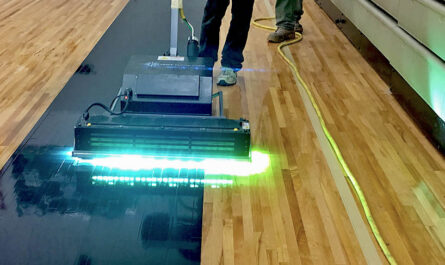Anti-acne cosmetics comprise various products such as cleansers, toners, serums, face masks, moisturizers, spot treatments, and sunscreens, that help in preventing, treating, and reducing acne breakouts. These products contain ingredients such as salicylic acid, benzoyl peroxide, retinoids, and antibiotics that help to unclog pores, kill bacteria, reduce inflammation, and prevent future breakouts. The growing demand for anti-aging products can be attributed to the increasing awareness about advantages of these products in treating acne prone skin and prevention of scarring. Furthermore, rising prevalence of acne among adolescents and young adults is another key factor driving the growth of the market. According to statistics, about 50 million Americans have acne and 85% of people between the ages of 12 and 24 experience outbreaks.
The global Anti-acne Cosmetics Market is estimated to be valued at US$ 2591.87 Mn in 2023 and is expected to exhibit a CAGR of 4.8% over the forecast period 2023 to 2030, as highlighted in a new report published by Coherent Market Insights.
Market key trends:
One of the key trends observed in the anti-acne cosmetics market is the increasing demand for natural and organic anti-acne products. Consumers are increasingly opting for natural ingredients based anti-acne cosmetics owing to rising concerns regarding side effects of synthetic chemicals. Some of the natural ingredients gaining traction in anti-acne cosmetic products include tea tree oil, aloe vera, neem, sandalwood, and centella asiatica. Major players are focusing on developing organic anti-acne products with natural extracts and oils to cater to this demand. For instance, Clinique Laboratories LLC offers an acne solutions clinical clearing gel made with salicylic acid and botanical extracts.
Porter’s Analysis
Threat of new entrants: Low as it requires high capital investments for R&D and marketing of efficacious products. Bargaining power of buyers: High as buyers have many alternatives available from different brands. Bargaining power of suppliers: Low as raw materials required for anti-acne cosmetics are readily available. Threat of new substitutes: Moderate as herbal and Ayurvedic products pose competition. Competitive rivalry: Intense due to presence of established brands continuously launching new products to gain market share.
Key Takeaways
The global anti-acne cosmetics market is expected to witness high growth.
Regional analysis: Asia Pacific is projected to be the fastest growing market for anti-acne cosmetics owing to increasing awareness regarding skin care products and growing spending on personal care in countries like India and China.
Key players operating in the anti-acne cosmetics market are Clinique Laboratories, LLC., Neutrogena, Ancalima Lifesciences Ltd., Guthy-Renker, Murad Inc, L’Oréal S.A., The Mentholatum Company Inc., Kosé Corporation, and Galderma Laboratories LP. Key players are focusing on adopting strategies like new product launches, mergers, and acquisitions to expand their market share. For instance, in 2023, Clinique Laboratories, LLC launched Acne clearing gel facial wash and Acne clearing cleanser to treat acne-prone skin




